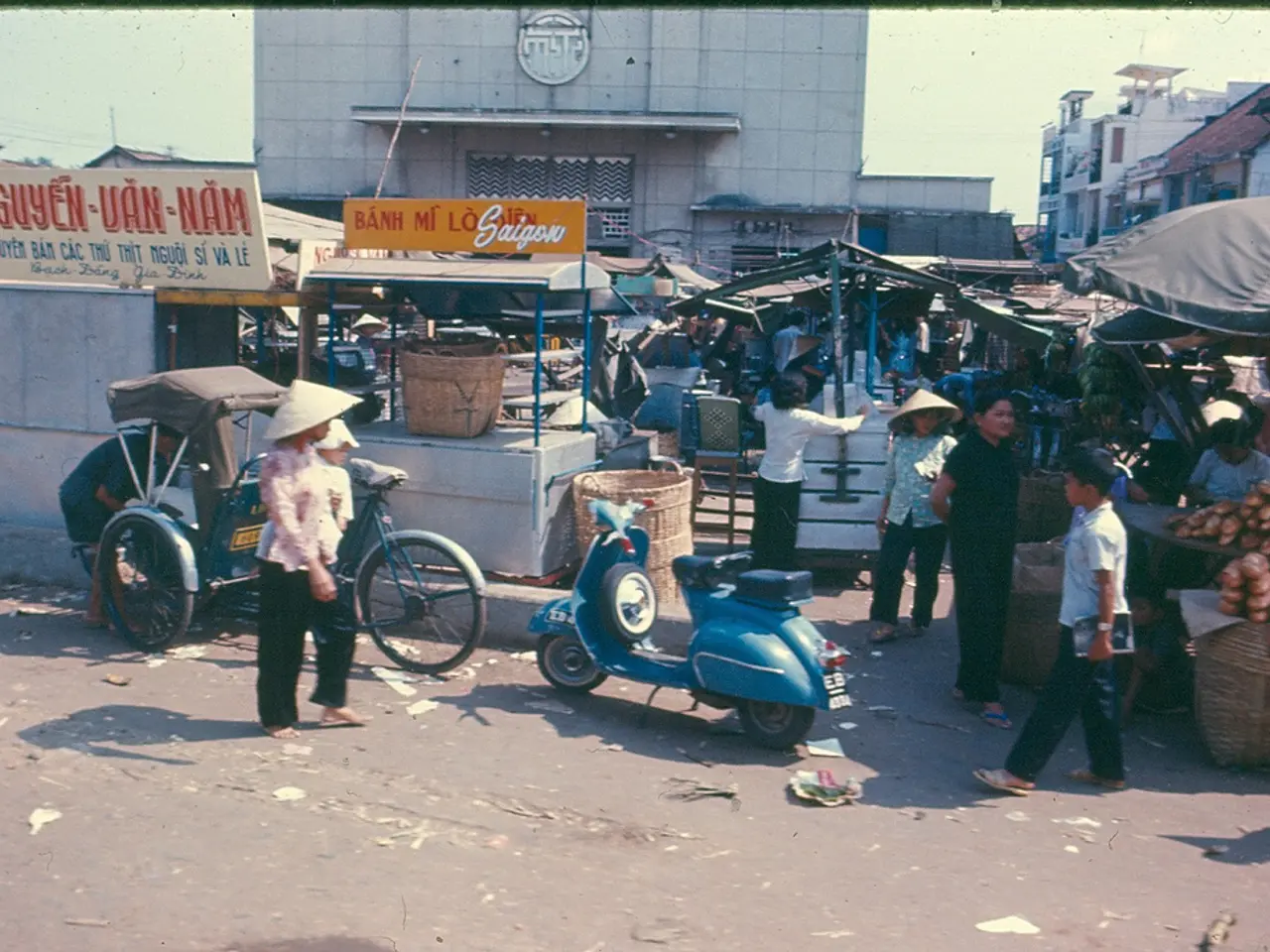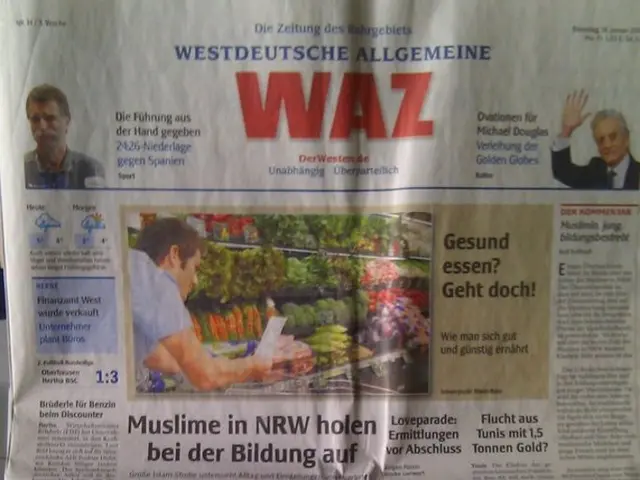Waste Management and Energy Transformation from Waste Conference 2025: Malaysian Emphasis
In the latest developments in Malaysia, the government and private sector are making significant strides in waste-to-energy (WTE) and biomass projects, aligning with the nation's renewable energy targets and waste management strategies.
Key highlights include:
- Samaiden Group has secured three major biomass and biogas projects, each receiving a 21-year feed-in tariff approval under Malaysia’s 2025 e-bidding mechanism. These projects, located in Johor, Terengganu, and Kelantan, will contribute over 18 MW of capacity and are expected to commence commissioning in the second half of 2028. This diversification supports Malaysia’s decarbonization agenda and strengthens renewable energy capacity beyond solar[1].
- The Sustainable Energy Development Authority (SEDA) Malaysia has set a 2025 feed-in tariff quota including 50 MW for biogas and 40 MW for biomass projects, demonstrating ongoing support for renewable energy projects. Companies like Cypark Resources are actively developing biogas facilities in Johor[3].
- The government's broader renewable energy objectives under the National Energy Transition Roadmap (NETR) and Malaysia Renewable Energy Roadmap (MyRER) aim to increase renewable energy capacity to 40% of total installed capacity by 2035 and achieve net-zero emissions by 2050. The renewable power generation has grown significantly from 5 TWh in 2020 to 9.8 TWh in 2024, with projections to reach 51.1 TWh by 2035[4].
- Regarding WTE specifically, there are active plans to expand WTE plants to reduce landfill dependence, a key element of the 13th Malaysia Plan (13MP), which also focuses on promoting a circular economy via better agricultural and organic waste utilization. However, this approach has sparked mixed reactions from environmental experts and groups, with some urging for holistic waste repurposing solutions such as anaerobic digestion for organic waste and cautioning about the emissions, costs, and safety concerns linked with WTE plants[2].
- Smaller-scale projects, like the 2 MW biomass pyrolysis power plant developed through partnerships in Malaysia to utilize agricultural waste, demonstrate ongoing efforts in biomass resource utilization at regional/local levels[5].
In summary, Malaysia continues to develop both biomass and WTE projects in line with national sustainable energy and waste management goals, with specific large-scale project approvals and strategic frameworks such as the National Biomass Action Plan supporting these initiatives. As the momentum grows, environmental stakeholders call for careful consideration of waste separation and technology choices to optimize environmental outcomes.
The Malaysia biomass market size was valued at USD 81.5 Billion in 2024 and is projected to reach USD 159.5 Billion by 2033[9]. The event WM&WtEAS2025 Malaysia, expecting more than 300 industry leaders and specialists from across the world, aims to explore the potential of MSW, biogas, and biomass power generation in Malaysia, Thailand, China, Vietnam, and Indonesia[12]. Biomass energy plays a crucial role in Malaysia's renewable energy landscape and is seen as an alternative to traditional fossil fuels[10].
[1] Source: https://www.samaiden.com/news/samaiden-group-secures-feed-in-tariff-approval-for-three-major-biomass-and-biogas-projects-in-malaysia [2] Source: https://www.thestar.com.my/news/nation/2023/03/01/waste-to-energy-plant-proposals-spark-mixed-reactions [3] Source: https://www.thestar.com.my/business/business-news/2023/03/01/cypark-resources-to-develop-biogas-facility-in-johor [4] Source: https://www.malaysiakini.com/news/668266 [5] Source: https://www.thestar.com.my/business/business-news/2023/03/01/partnership-to-develop-2-mw-biomass-pyrolysis-power-plant-in-malaysia [9] Source: https://www.grandviewresearch.com/industry-analysis/malaysia-biomass-market [10] Source: https://www.thestar.com.my/business/business-news/2023/03/01/biomass-energy-plays-crucial-role-in-malaysias-renewable-energy-landscape [12] Source: https://www.waste-management-world.com/news/2023/03/01/wmwteas2025-malaysia-focuses-on-msw-biogas-biomass-power-generation-in-asia
- The Samaiden Group's secured biomass and biogas projects, receiving a 21-year feed-in tariff approval under Malaysia’s 2025 e-bidding mechanism, will contribute over 18 MW of capacity and help Malaysia's energy transition efforts, contributing to the nation's renewable energy targets.
- The Sustainable Energy Development Authority (SEDA) Malaysia has set a 2025 feed-in tariff quota of 90 MW (50 MW for biogas and 40 MW for biomass projects), emphasizing ongoing support for renewable energy projects and the finance sector's engagement in renewable-energy industry growth.
- As part of its energy transition roadmap, the Malaysian government aims to increase renewable energy capacity to 40% of total installed capacity by 2035 and achieve net-zero emissions by 2050, underscoring the importance of renewable energy, including biomass, in the energy landscape and as an alternative to traditional fossil fuels.




